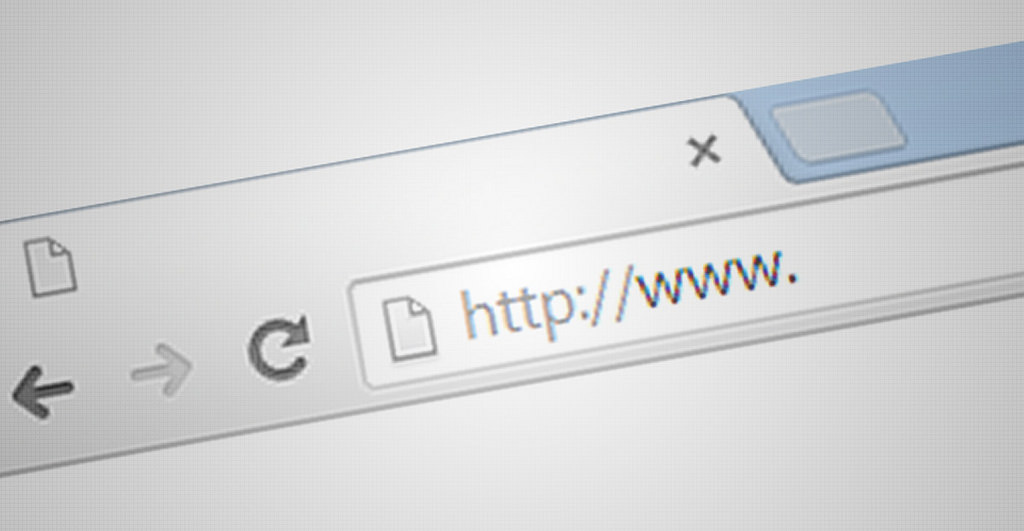The Internet has become a go-to for shoppers. Many consumers are ready to find products and services on the web, especially materials that may not be readily available in their local area. There are scammers giddy about this.
As the Internet has become the fastest and most convenient way to buy something, there are also far too many websites set to trick you into purchasing poor quality or even nonexistent goods.
If you’re going to be a legitimate business, it’s important that you demonstrate to every consumer that you have the criteria that proves legitimacy. From Drupal web hosting to using original content and photos related to company products and services, here are a few thing you want for ensuring you have a legitimate website for your business.
What You Want for a Legitimate Website
Make sure customers can reach you.
False websites do not want to be contacted for obvious reasons. Give consumers the option to call, write or email your website using provided contact information. Avoid using automated voice messaging systems, especially during regular business hours. This is a sure sign of illegitimacy. Emails never getting responded to, outside of an automated reply, and phones never getting answered will trigger the savvy shopper’s suspicions immediately.
Is your site verified by Google?
In the status bar right next to the address, there should be a lock symbol or a safety ranking. These mean your site has been verified by Google. The majority of large, popular sites are verified.
Check the report in Google SafeBrowse.
If you type the following “http://google.com/safebrowsing/diagnostic?site=” in the address before the site address, Google will provide a report about the specific site. This is a service Google offers that lets client applications review URLs against Google’s list of unsafe websites. SafeBrowse looks for deceptive and phishing sites, and sites that host unwanted applications and malware.
Make sure your site is listed with Whois.
Whois is a site that validates and assesses a website’s information. Type your website name or domain into the Whois search engine. Scroll the results page to see if information provided by a website matches up with Whois’s information. Look for discrepancies in contact info, amount of time the business or website has been opened and if the company’s alleged programs or awards are factual.
Use Relevant Content
Legitimate websites publish original and detailed content, images and videos related to their products and services. While many websites do simply copy and paste, the ones that want to stand out use fresh materials, especially to hit high in search engine rankings.
Make sure your web address isn’t compromised.
It’s not uncommon for hackers to piggyback off your traffic. Make sure your links go to the addresses you intend and do not redirect customers elsewhere. Nothing will turn a customer off more than misdirection, especially if they do not notice until it’s too late.
Solidify your terms and conditions.
Many don’t read them, but your terms and conditions should be stellar. You have to give users the opportunity to understand and confirm that they understand with whom they’re doing business.
Protect yourself with SSL.
SSL address pages begin with “https.” This means the website’s payment and checkout process is properly secured to protect credit card, personal and financial information. Illegitimate sites do not necessarily go out of their way to enhance security and will have “http” in their address. When you utilize a reliable resource like Drupal web hosting, you can always rest assured the safest practices will be applied to protect your customers, including SSL certification.
Search yourself.
Type your company name into any major search engine. Carefully review the search results and see how you are mentioned anywhere on the Internet. Check the Better Business Bureau and consumer review websites to see what others are saying about your business.
Make sure you have a solid reseller rating.
ResellerRatings is a database of vendors and merchants. It lists consumer verified merchants along with business details and lets consumers comment and rate their shopping experiences. Not being listed doesn’t mean a business isn’t legitimate, but it certainly helps, especially if you can refer potential customers to ResellerRatings to confirm your credentials.
Use a physical address that can be verified.
There should be a legitimate business address and phone number on every page of your website. Alongside other elements here, it’s a solid way to show consumers your business is credible. You can use a post office box, but do remember, anyone can rent one of those.
Staff Photographs
If there is one thing fake websites will not do is put a face to the crime. And nothing builds the business-to-customer and human-to-human relationship than photographs of your team. Photos can be critical to building trust. Even if you’re running a solo operation, your picture with a little professional and personal history will give the business personality.
Grammar and spelling mistakes.
On average, fake websites are designed in countries where English is not the primary language. This is mostly because even if they are found out, there isn’t much this country can do about it legally. On these sites, there will likely be noticeable spelling and grammatical errors. The English itself will certainly be off. Making sure your content is spot-on will go a long way to legitimacy.
Live chat.
Many customers would prefer to stay on the Internet than go to a phone. Even the smallest business should consider a way to let customers come straight to them with questions and concerns. At the very least, have business hours chatting. Your availability and quick response will mean a lot to your customers.
Drupal web hosting.
One click installation, free lifetime domain name, free templates, transfer existing accounts at no cost, no downtime on your site and all operations managed by experts. Whether a startup with a single site or a large company with multiple websites, Drupal has web, reseller, FTP and cloud hosting, exceptional support, WordPress, Joomla and any other resource you will need to legitimize your website.









